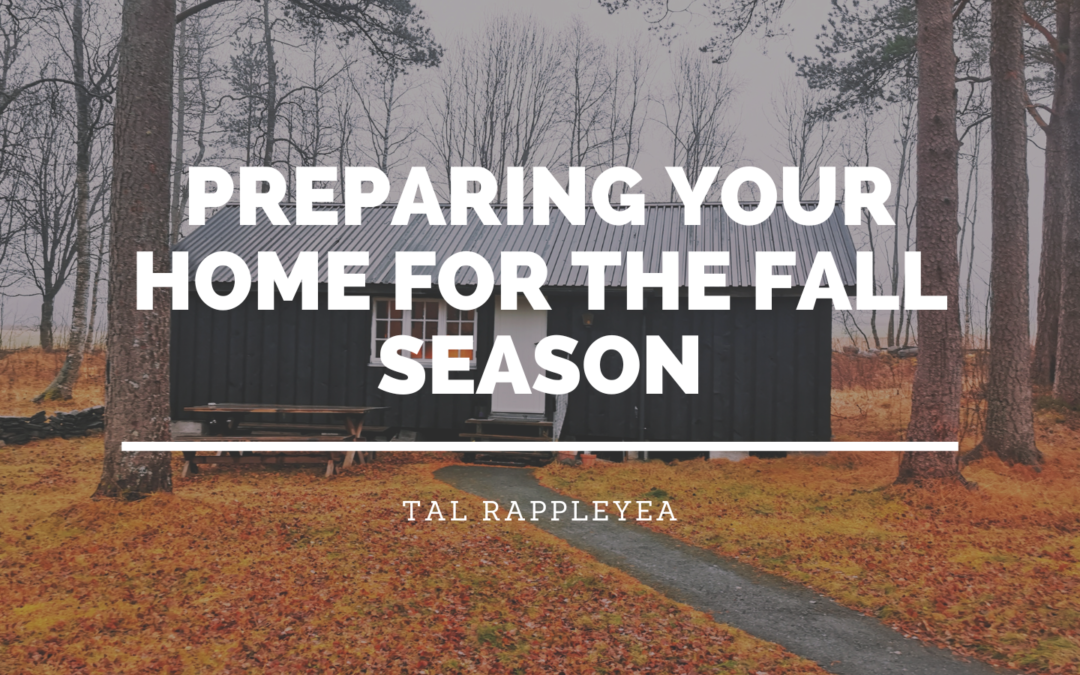September is here and that means the autumn season isn’t far behind. Depending on where you live, you’ll likely want to think about how you can prepare your home for the upcoming change in weather. The preparations you make can be the world of difference between an easy few months of home maintenance and a rather large headache. Here are a few tips to help you prepare your home for the upcoming autumn season.
Clean or Replace Your Gutters
You’re probably used to having your gutters working properly, meaning you probably don’t ever think about having to clean them. Like anything though, your gutters will suffer from wear and tear. It’s important that you make sure they’re clean and clear, especially since leaves can easily clog them and cause flooding that can damage your home. If the gutters seem to be beyond cleaning, you might want to consider replacing them entirely.
Properly Store Outdoor Furniture
While your outdoor furniture might have been made for the outdoors, that doesn’t mean it was made to be left outside during severe weather, such as hurricanes and snowstorms. You’ll want to store a lot of your outdoor furniture in a shed or basement once the fall season comes around, as the weather that comes with the change of seasons can damage it beyond further use. It may seem tedious, but you’ll save yourself some money in the long run.
Fertilize Your Lawn
One of the best ways to keep your lawn looking its best in the warmer seasons is by preparing it for the winter and fall seasons. Doing so will allow it to keep growing and prevent it from getting damaged. One of the most important steps that you can take to keep your lawn looking its best is to apply fertilizer. This will help it turn green in the spring, which is very important since nobody wants to see a lifeless lawn once the weather becomes nicer.
Check Any Winter Equipment
The last thing you want is to wake up one day, see the ground covered in snow, and then discover your snow blower is no longer working. Before the colder season starts, be sure to check any equipment that you typically use during the colder seasons. You probably haven’t touched any of it in months, meaning you have no idea if things still work. You’ll be thanking yourself later.
